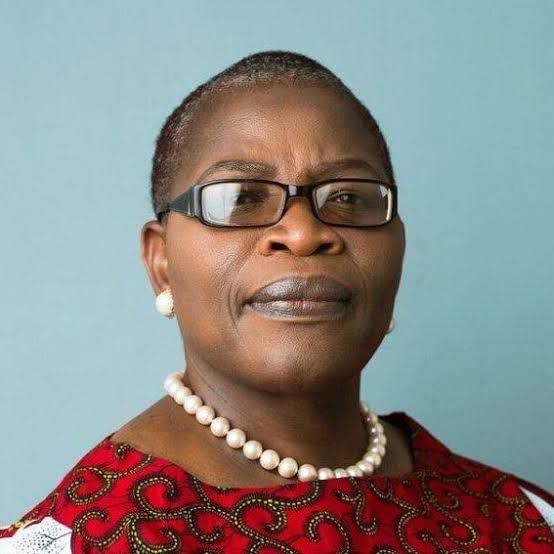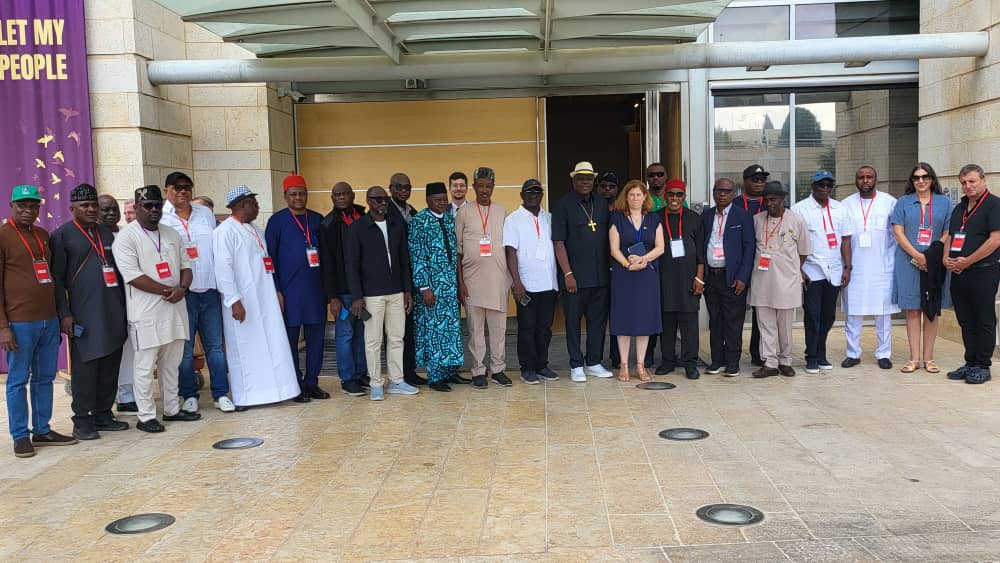Large parts of Nigeria were thrown into darkness on Wednesday following another nationwide collapse of the national electricity grid, deepening concerns over the country’s unstable power infrastructure.
The development was confirmed by the Abuja Electricity Distribution Company (AEDC) in a public notice issued on its official X (formerly Twitter) handle. According to the company, the collapse occurred at 11:23 a.m., disrupting electricity supply across its franchise areas, which cover the Federal Capital Territory, Kogi, Niger, and Nasarawa states.
The AEDC statement read:
“Please be informed that the power outage currently being experienced is due to a loss of supply from the national grid at 11:23 a.m. today, affecting electricity supply across our franchise areas. Rest assured, we are working closely with the relevant stakeholders to ensure power is restored once the grid is stabilised.”
Widespread Impact
Though AEDC was the first distribution company (DisCo) to issue an official notice, the blackout was reported simultaneously across several parts of the country. Residents of Lagos, Port Harcourt, Kano, Ibadan, Enugu, and Jos confirmed sudden outages around the same time, indicating that the collapse affected the entire 11 DisCos connected to the grid.
Businesses, hospitals, and industries that rely heavily on grid electricity were forced to switch to diesel and petrol generators, further straining operations already affected by the high cost of fuel. In Abuja, small business owners at Wuse Market lamented that they had barely recovered from the last grid collapse in August before this new incident hit.
A cold-room operator, Hassan Aliyu, said:
“We depend on steady power to keep goods frozen, but now we are spending thousands on diesel daily. Anytime the grid goes down, it is our business that suffers most.”
A Recurring Problem
This latest collapse adds to Nigeria’s long history of grid instability. In 2024 alone, the grid reportedly collapsed over 10 times, and energy experts say the trend has continued into 2025 due to systemic challenges such as poor infrastructure, inadequate generation capacity, and transmission bottlenecks.
Despite Nigeria boasting a generation capacity of over 13,000 megawatts, only between 3,500 MW and 4,500 MW is typically transmitted to the grid due to ageing infrastructure, vandalism, and poor maintenance. This is far below the demand of more than 30,000 MW required to meet the needs of the population.
Analysts warn that until major reforms and investments are made in the power sector, blackouts like this will remain a recurring feature.
Government and Stakeholders’ Response
The Transmission Company of Nigeria (TCN), which manages the grid, had yet to release a statement as of press time, but insiders suggested that engineers were working to trace the fault and restore supply. Previous grid collapses have been blamed on frequency fluctuations, gas supply constraints, and technical faults at transmission substations.
The Federal Ministry of Power has repeatedly assured Nigerians that efforts are underway to stabilise the grid, including the rehabilitation of transmission lines, expansion of generation capacity, and integration of renewable energy. However, progress has been slow, and ordinary citizens continue to bear the brunt of unreliable electricity.
Public Frustration Grows
For millions of Nigerians, the news of another blackout sparked anger and disappointment. Many took to social media platforms to criticise the government for failing to fix the power sector despite decades of promises.
Energy economist Dr. Anthony Akinyele described the collapse as a symptom of deeper structural failures:
“The national grid is fragile because it is over-centralised. A single fault can bring down supply for the whole country. Until Nigeria decentralises power generation and distribution, investing in regional grids and renewables, this problem will persist.”
Outlook
As engineers work to restore electricity, Nigerians remain hopeful for a quick recovery. However, the recurring nature of these blackouts has further eroded public confidence in the stability of the national grid. For many households and businesses, reliance on generators, solar power, and alternative sources of energy continues to be the only dependable option.
The latest collapse highlights the urgent need for systemic reforms in Nigeria’s power sector — reforms that many citizens say are long overdue.





